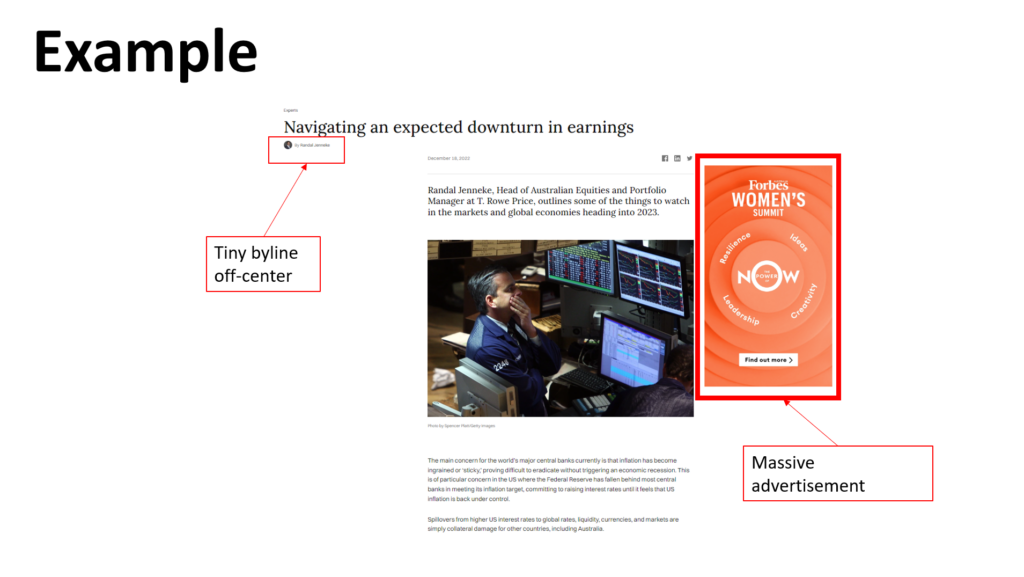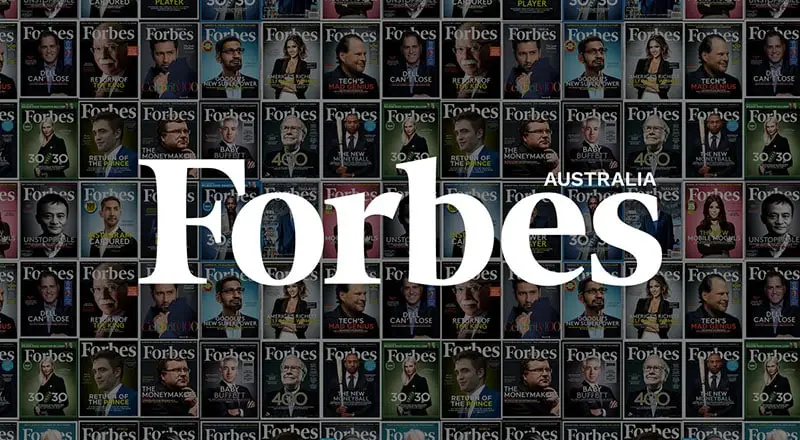How Forbes exploits writers?
Journalism has received its fair share of criticism in recent years. Some of it is warranted. Some of it is merely the petulant writhes of powerful people being confronted with truths they would rather deny.
Journalism’s detractors and lovers would both agree that high quality reporting is desirable. In general, most people would like journalism that is well informed, empirically driven, and based on an accepted form of expertise. This expertise can be from years of experience, academic qualifications, or, ideally, a mix of both. And, genuine experts should also realize that they do not have all the answers, be open to differing views, and be more diplomatic than dogmatic.
A problem has emerged however: Some media outlets feel at liberty to exploit ‘experts’. And, some outlets have taken this far too far.
Oft-times there is a back and forth in media interactions. Experts provide comments to journalists, or are interviewed on television and radio. Experts are rarely – if ever – paid for these interactions. This comes with the territory. It is part of being a good citizen and is the duty of people who have been lucky enough to have had the opportunity to amass skills and knowledge. Further, many media outlets are incredibly thankful and appreciative, give great exposure, or have absolutely amazing editing. Indeed, anyone who has written for The Conversation knows just how brilliant are their editors. Anyone who has been on Ausbiz knows how efficiently it is conducted.
Forbes, however, marches to its own tune. Forbes Australia explicitly states that it will not pay expert contributors but that it will pay freelancers. This is extremely weird. It seems that they will pay less to people who have more expert value to add.
Forbes’s actions might be fine if they provided good exposure or they were a non-profit or served some other good. But, Forbes is not a non-profit. It is not a charity. It is not a public service. It is a major corporate multinational. In effect, they are exploiting expert authors for their own commercial gain. Further, they provide terrible exposure. They provide a tiny byline that is dwarfed by their gaudy advertisements. This compares unfavorably with outlets such as The Australian or AFR. Colloquially, Forbes is taking the piss.

The ramifications are severalfold:
- Experts are significantly better off writing for their own corporate wing or their own Substack. Why give Forbes copy, when you can give it to your own organization and potentially please your boss? Why let Forbes cultivate an audience when you can do so yourself on Substack or Twitter? Indeed, if your boss does not care, sharing an article from your substack or your own company is no worse regarded than one in Forbes.
- This will leave Forbes with activists as experts will become tired of such exploitative arrangements.
- The experts that are left publishing on Forbes are doing so either because they have an axe to grind or because they are promoting some other corporate action. A website full of corporate puff pieces hardly screams credibility.
Ultimately, outlets such as Forbes should consider how bad are their arrangements. They should treat experts as being at least as good as non-expert Freelancers. Failure to do so is a slap in the face of precisely the type of people we should want to write for these outlets.
